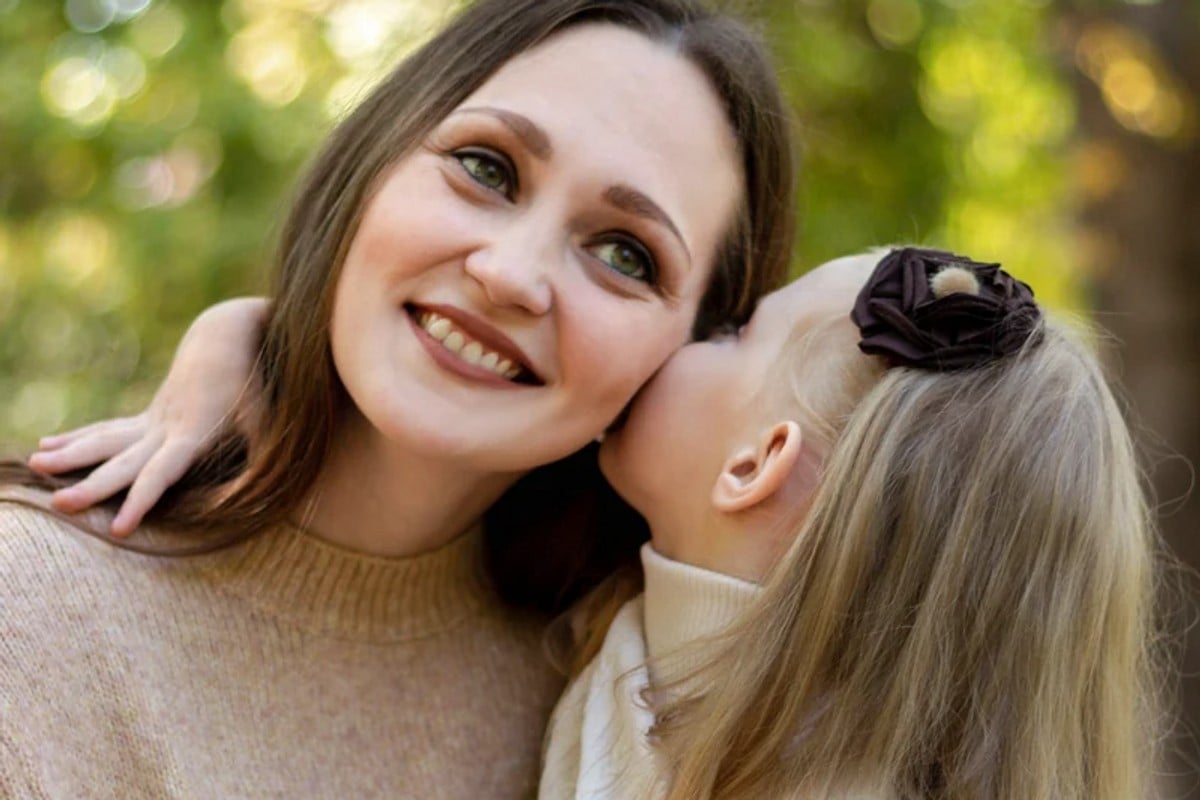
If you want to support independent women's media, become a Mamamia subscriber. Get an all-access pass to everything we make, including exclusive podcasts, articles, videos and our exercise app, MOVE.
It's almost 10pm on a Sunday night when Melissa*'s phone buzzes. It's a message from her ex-partner, David*.
"Emily* says you make her brush her teeth twice a day. That's too much. Once is fine," he wrote. Their daughter, Emily, is about to head back to her dad's house for the week, and Melissa knows what's coming next: another seven days of different rules, clashing routines, and a child caught in the middle.
"This is my life," Melissa said. "I'm raising my daughter with someone who does everything differently from me."
Watch: An expert explains what a healthy co-parenting relationship looks like. Post continues below.
Two houses, two rule books.
Since separating two years ago, Melissa and David have shared custody of Emily. Each week, Emily moves between their homes, and with each move, she switches between completely different parenting approaches.
"At my house, bedtime is 8:30. We do the same routine every night: bath, teeth, story, lights out. We eat dinner at the table, no phones, and homework comes first," Melissa said.




























































































